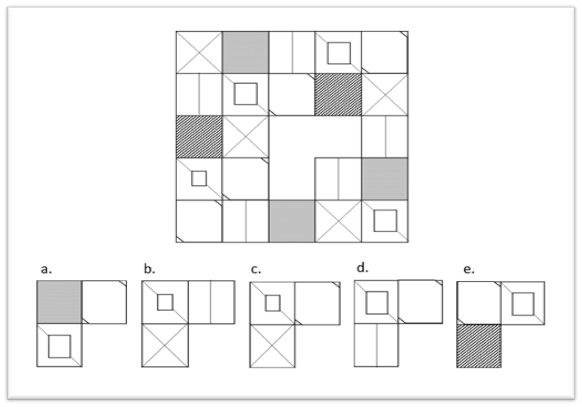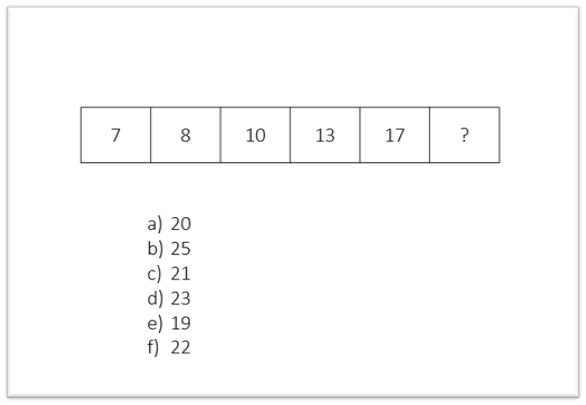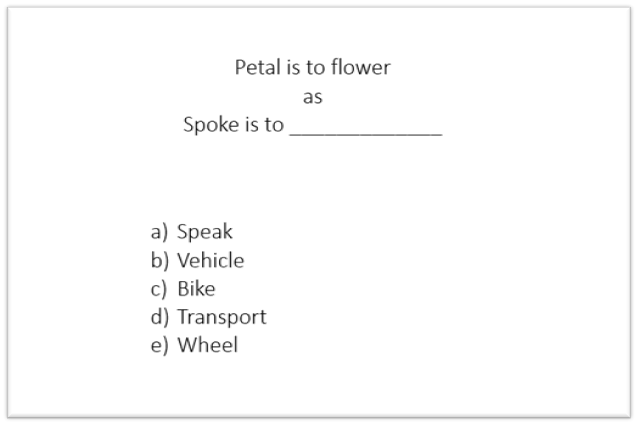What types of tests will I complete?
The two main types of tests that you will most likely need to complete will be:
- Reasoning (or ‘ability’) tests, and/or
- A personality test.
Reasoning ability testing
Reasoning ability tests measure your ability to interpret written, numerical and abstract data.
This gives a good understanding of how well you solve new, complex problems in the workplace, and will give some insight into how quickly you may learn on the job. These assessments are timed because the pace of response also contributes to the measure of your overall reasoning ability.
With this in mind, it is recommended that you:
- Consider the best time of day for you.
Do you think more clearly in the mornings, afternoons, or evenings?
- Work carefully, but quickly.
You need to aim for both accuracy and efficiency. If you rush, you may make trivial mistakes, but also don’t waste time.
- Do some research if you need to ease your nerves.
Explore and research ability testing ahead of time so that you’re comfortable with the concept and with their role in the application process.
- Make use of practice tests where provided.
Don’t be complacent – do the practice test. The format of the questions is unfamiliar to many people. Practice tests help to raise your confidence and reduce obvious mistakes and unnecessary stress.
Below are some example test questions to give you an idea of what to expect.
Example reasoning ability questions
Abstract Reasoning
Q: Select the piece that fits into the broader pattern

Numerical reasoning
Q: Which number comes next in the series?

Verbal reasoning
Q: Which word matches best?

Personality testing
Personality tests measure a person’s behavioural tendencies on a range of different traits.
These tests shed light on how you prefer to work, how you like to interact with colleagues and what types of works tasks suit you best. Personality tests are used in combination with interviews to understand your work style preferences.
When completing a personality test:
- Don’t dwell on the questions too much.
Even though you may be adaptable, we want to hear about your preferences. Your first response is probably the closest to your preferred or most comfortable way of operating.
- Don’t worry if it seems like questions repeat themselves.
It’s good practice in personality assessment to measure preferences in a variety of ways. Try to answer each new question on its own merits and not worry about how you answered a similar question already.
- Be honest.
While it might be tempting to try and change your answers to suit the job advertised, being inauthentic won’t work and won’t help. In well-designed tests, attempts to impress or control the outcome can be detected in data analysis, which would be reported back to the potential employer.


